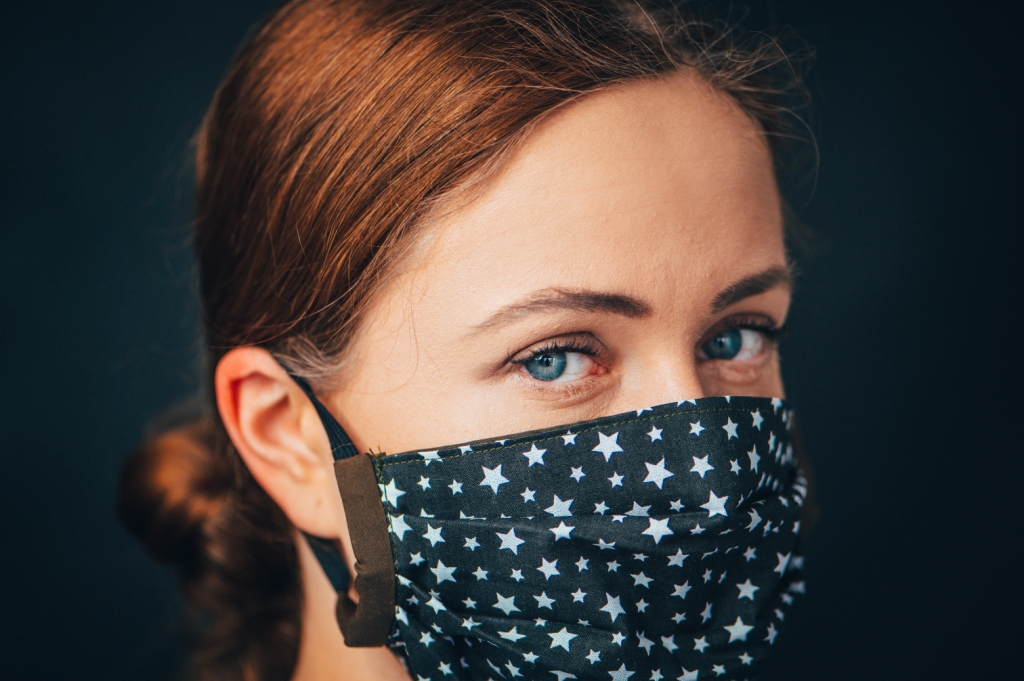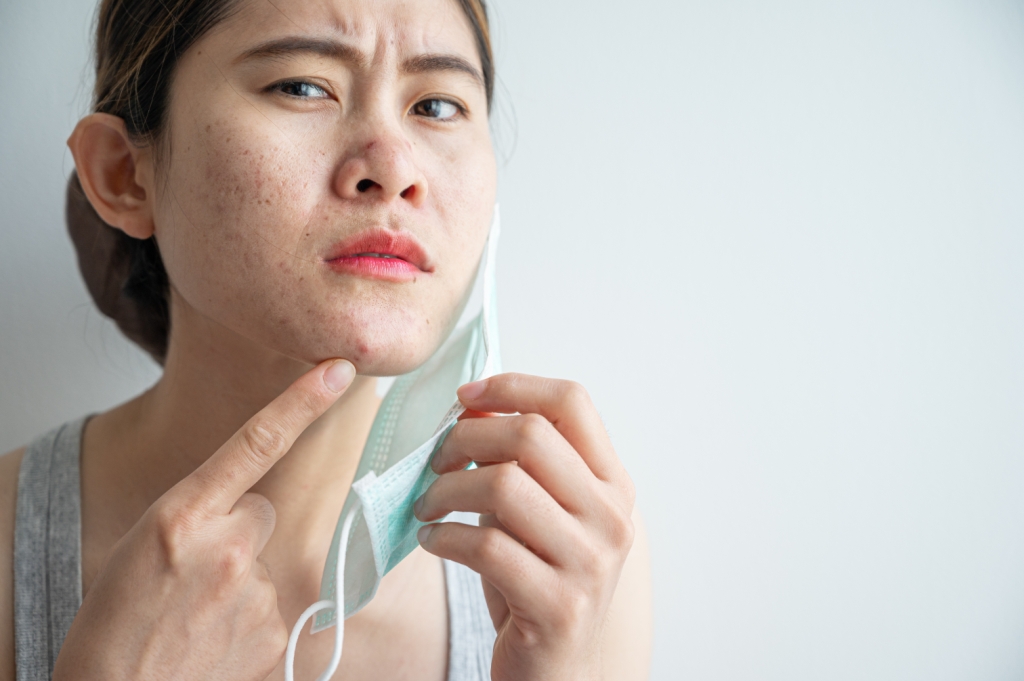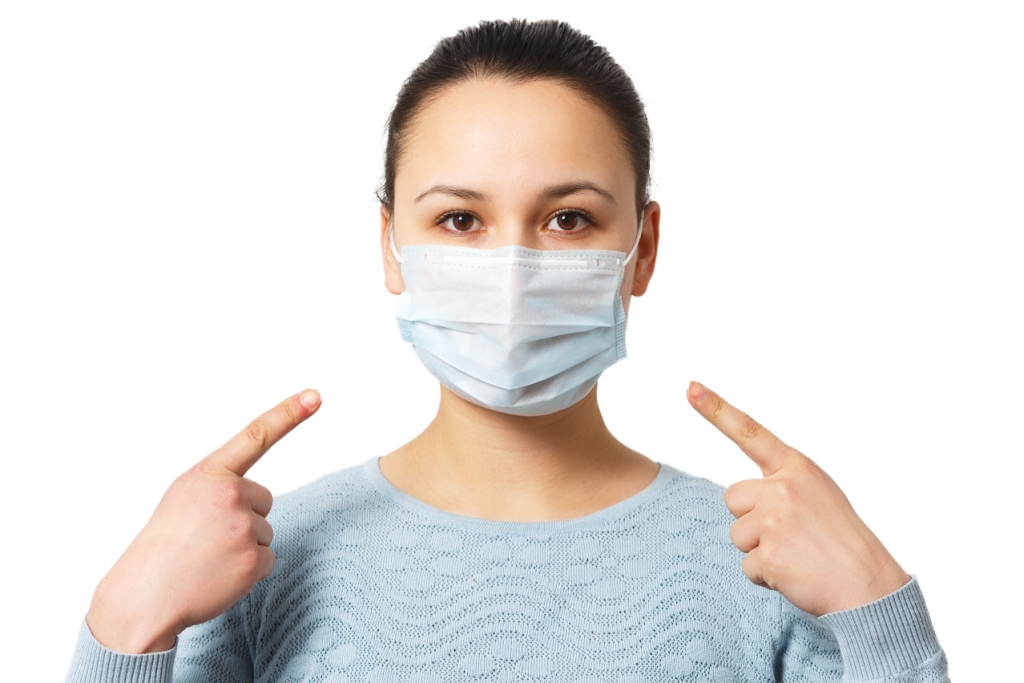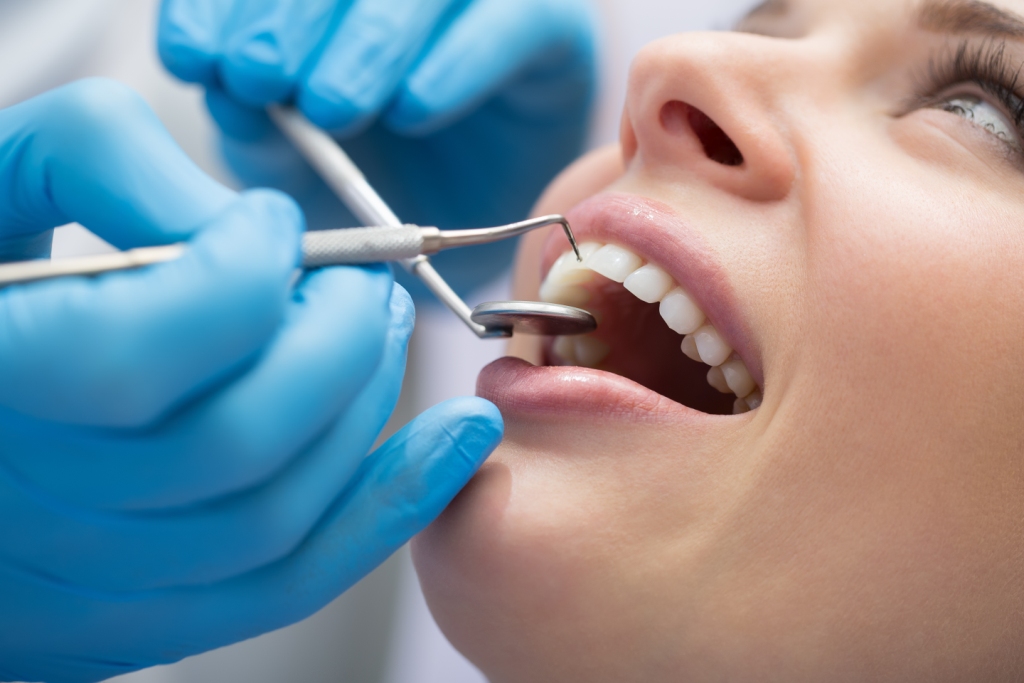Face masks are a necessity to prevent the transmission of the Covid-19 virus. The mask acts as a simple and effective barrier but wearing it for long hours has also created new forms of mask-related health troubles such as mask mouth.

While it is not life threatening nor an official medical condition, mask mouth can affect your dental health and if left unaddressed, it could lead to serious oral diseases. Especially if you tend to wear a face mask for extended hours, read on to find out how it can affect your oral health as well as ways to prevent it.
What is mask mouth?
Mask mouth is a side effect that affects your dental health when you wear a face mask for an extended period of time. How does wearing a face mask impact your oral health, you may wonder? Here are some possible causes:
Breathing through your mouth: If you tend to breathe through your mouth when wearing a face mask, you’ll realise that this leads to dry mouth. Dry mouth causes bad breath and damages your teeth.
Low water intake: Wearing a mask might deter some individuals from drinking water and this could lead to dehydration. Dry mouth is linked to dehydration as well.
Poor airflow: According to Aerosol and Air Quality Research, more Carbon Dioxide is trapped in your mouth when a face mask is worn. Although there is no toxicological effect on your body, this can increase the risk of inflammation in your mouth and increase your risk of gum diseases.
How does it impact oral health?
Ultimately, mask mouth is closely linked to having a dry mouth and while it merely feels like dehydration to many, there are more serious oral health implications that are associated with having dry mouth. They include:
Formation of dental plaque
As one of the main roles of saliva is to protect your teeth and act as a barrier against bacteria, dry mouth can put the health of your teeth at risk of plaque formation (a sticky deposit around your teeth caused by a combination of food particles and bacteria) and tooth decay.
Gum inflammation
Besides your teeth, the presence of bacteria in your mouth can affect your gums too. This can lead to gum disease and worse, periodontal disease. Periodontal disease happens due to gum inflammation, which causes the formation of tiny pockets within your gums. When bacteria enter these pockets, it can lead to serious dental infections that affect not only your gum but your jaw bone too.
Bad breath
Due to prolonged mouth dryness and the development of bacteria in the mouth, an odour may develop. This odour causes bad breath or medically known as Halitosis. Bad breath can affect your interaction with people as well as your self-esteem.
Can mask mouth be prevented?

The good news is, mask mouth can be easily prevented with healthy oral hygiene practices. Should you stop wearing a mask to prevent mask mouth? Absolutely not! Wearing a face mask is vital to end the spread of Covid-19. Instead, here are other precautionary measures:
#1 Use a clean mask

Replace your mask regularly. If you’re wearing a reusable mask, you’re encouraged to wash it daily and for disposable masks, do throw it out after each wear. If you’re required to wear a mask for an extended period of time, do change your mask if it feels damp.
#2 A good oral care routine

Good dental hygiene does not only consist of brushing your teeth. While that is one important part, flossing and gargling with a mouthwash are equally important to keep bacteria in mouth at bay.
#3 Visit your dentist

If you’re concerned about your oral health due to mask mouth or if you realise a change in the way your gums and teeth feel and/or look such as an increase in teeth sensitivity, bleeding or painful gums, do pay a visit to your dentist.
#4 Stay hydrated

Prevent dry mouth by keeping yourself and your mouth hydrated. We understand that it takes a little more effort when you’re wearing a mask but trust us, it is worth it.
Speak to your dentist if mask mouth is a concern, it can be a great inconvenience if you’re experiencing mask mouth but be rest assured that with the right steps, it is possible to prevent it.











